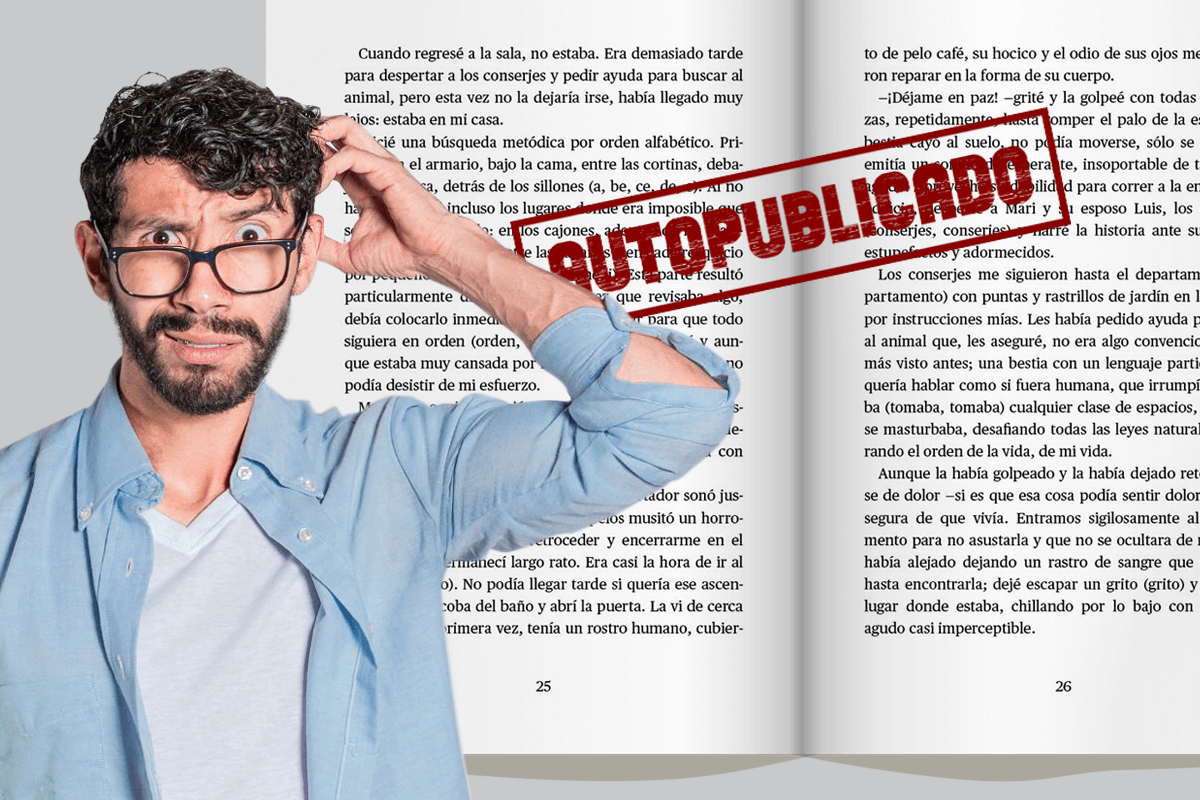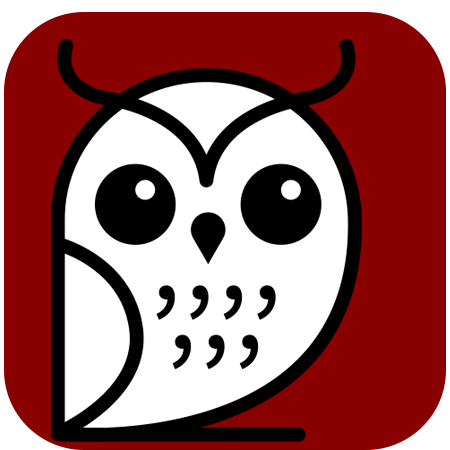Being a published author on the part of a prestigious publishing label gives you a certain status as a writer; that is something undeniable. However, the phenomenon of self-publishing books has spread: they do it from the most amateur people to writers and publishers of great stature.
Today in her Bibliotherapy section, of the Inspiria radio program hosted by Eduardo Limón, Paola Tinoco commented that great pens like those of Jorge Herralde, founder and former CEO of Anagrama; Jacobo Siruela, director of the Siruela publishing house until 2003 and now founder and director of Atalanta; as well as Javier Fórcola, general director of the publishing house that bears his last name, to mention a few examples, have chosen to found their own publishing houses and self-publish.
Publish yourself vs do it with a publishing house
The most popular bookselling platforms among self-publishers belong to corporations like Amazon, Google, Apple. Through their stores, they allow books to be uploaded quickly and put them into circulation practically all over the world in a matter of hours. Once online and by accumulating a minimum of sales (usually reaching $100) the author receives royalties of up to 70% for his work, directly into his bank account.
Instead, the process of publishing through a publisher is more complex. The author does not have as much control over the final product or receive as high a percentage of royalties. He gets other benefits, such as the backing of the publisher and a team of professionals who will work on his work. But the most difficult thing is for a publisher to show interest in a new writer, particularly if they don’t already have a strong enough audience or fan base to guarantee that the work will sell.
With great power comes great responsibility
For this reason, self-publishing is a great alternative for any writer. The process is simple but, as Peter Parker’s uncle would say, it also comes with a great responsibility: that of ensuring that the book in question is carefully checked; that the sources that are cited are trustworthy; that the design, to the extent of the possibilities of each writer, be adequate and attractive. Even the most seasoned editor makes a mistake from time to time, but you have to try to reach perfection until you get a quality product.
I found particularly interesting the way in which Paola Tinoco commented on what it meant to self-publish before, that doing so carried a stigma, something that publishers of yesteryear caused a kind of “hives”. And this is precisely because in a publishing house, the teamwork of editors, designers, marketers somehow guarantees that the product is good. How is it that now a single person can do all these functions and obtain a good book?
Examples of successful self-published books
I had to grow up knowing fanfics and knowing that bestsellers like Fifty Shades of Grey were born precisely on self-publishing platforms like WattPad, where it was speculated, there were headhunters reviewing the publications, it does not seem strange to me that people (inexperienced or more experienced in these subjects) choose to self-publish books.
The already mentioned Fifty Shades of Grey, beyond the fact that it is to the liking of the most demanding readers, is an editorial phenomenon worthy of study. It is the most downloaded ebook in history. More than 100 million copies of the book have been sold. His films have grossed $569.7 million. And to think that she started as a fanfic of Twilight (the vampire movie), based on the homonymous work by Stephenie Meyer, and surpassed it in sales.
In marketing there is a phrase that says that there is no better way for a bad product to fail than to do good advertising. I think something similar happens with books and self-publishing. Good deeds shine by themselves and bad ones don’t, not even if they’re put on all the shelves.
When self-publishing, if it’s a bad piece of work, the worst that can happen is that nobody buys it. Thanks to the phenomenon of self-publishing, we now know stories like Still Alice, by Lisa Genova, of which they even made a movie; or The Martian,by Andy Weir and counting, the ones we need to discover…
In conclusion…
- The publishing world is changing and now it is easier to publish books.
- Self-publishing is losing the stigma it used to have among publishing professionals.
- When self-publishing books, the onus is on you to see that they are well written and have an attractive design.
- Therefore, if you have the possibility, it is good that you consider hiring a designer and a style editor..
- At Letras Laetas we give comprehensive advice for independent writers and we teach an ebook and printed book course. Learn more about our services.


